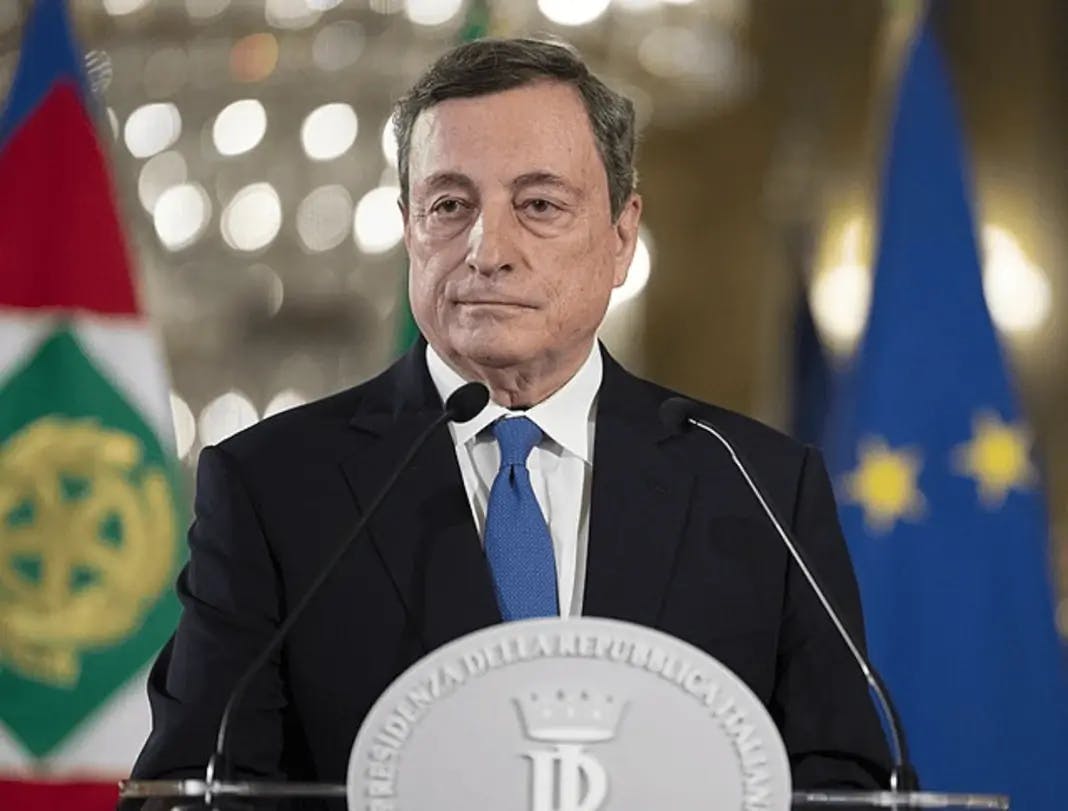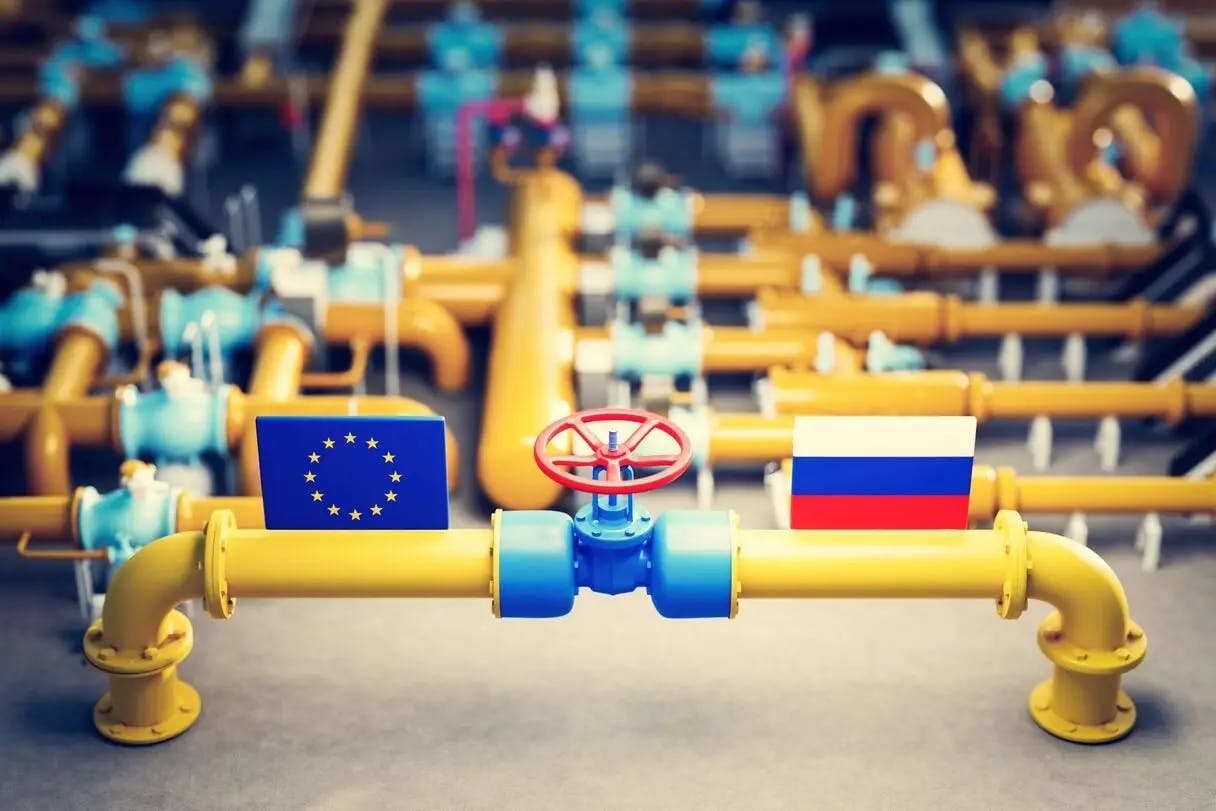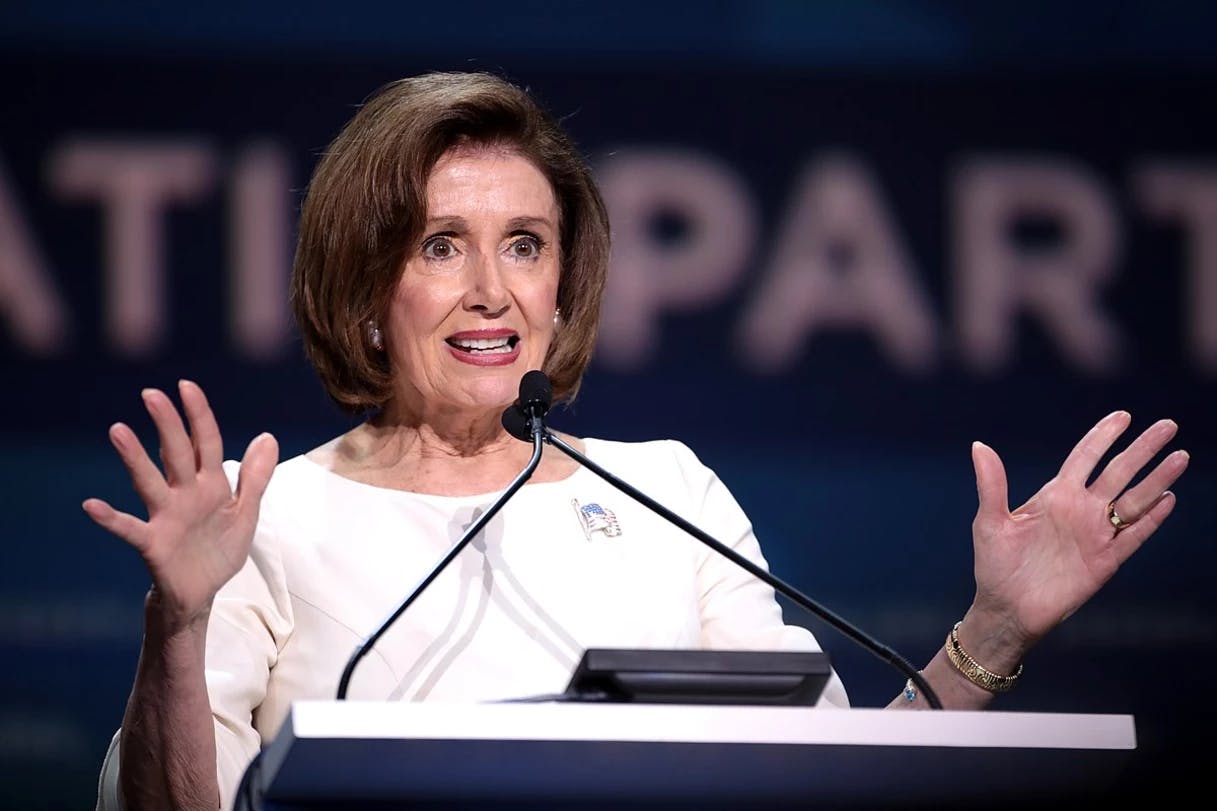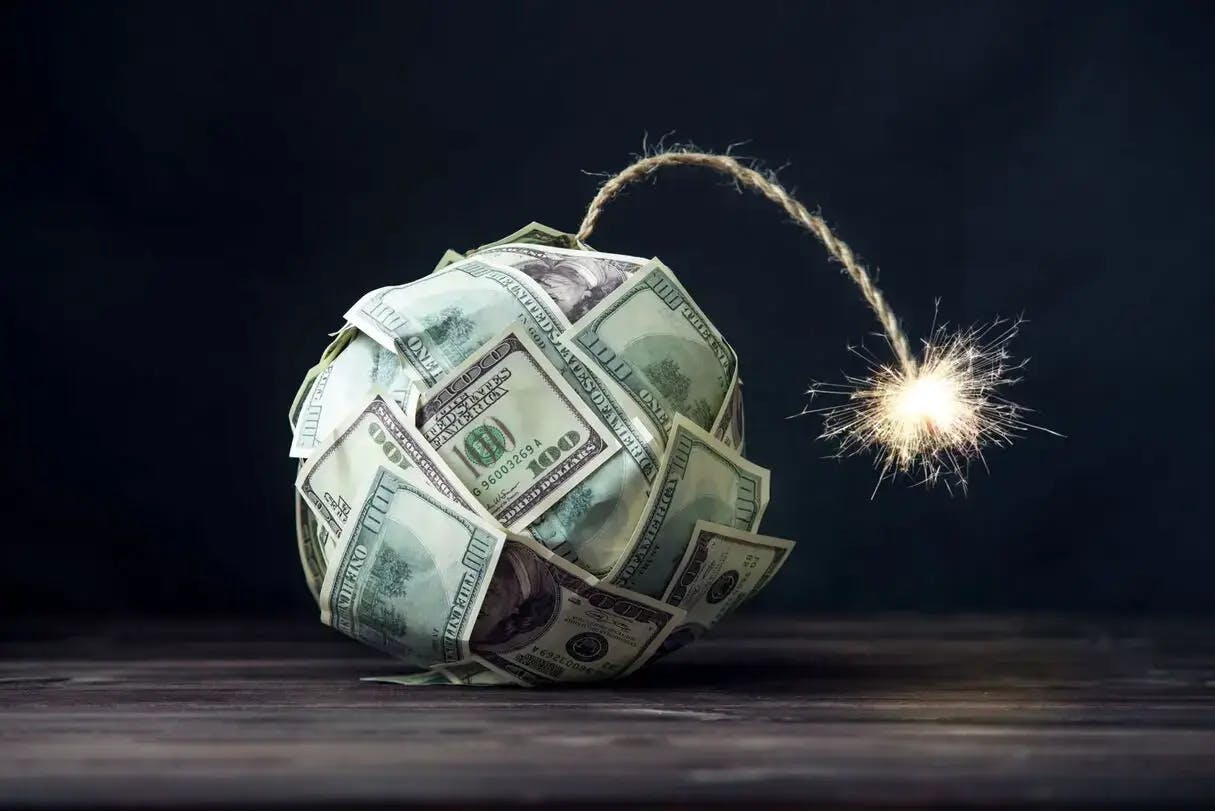Investment news
Gold prices fell to their lowest point in more than a year this week as the likelihood of aggressive policy tightening by major central banks hurt demand for the non-interest-bearing metal.
Here’s how the prices of gold, silver, platinum, and palladium have changed over the past week:

ECB makes a historic interest rate decision: The European Central Bank has increased interest rates for the first time since 2011 to tackle eurozone inflation that hit 8.6% last month. (The Guardian)
In a surprise move, the ECB pushed its base rate up by 0.5 percentage points, after economists forecasted a smaller 0.25 point hike.
“The economic outlook is worsening by the day. At the same time, headline inflation is still increasing and in our view will only come down gradually towards the end of the year, if it comes down at all,” said Carsten Brzeski, chief eurozone economist at ING bank.

Fresh inflation numbers: U.K. inflation rose to 9.4% in June, a new 40-year high, escalating the country’s historic cost-of-living crisis; Canada’s inflation rate also accelerated to 8.1% last month, up from 7.7% in May. Food and motor fuels were the two biggest contributors to the rising inflation rate. (Reuters, CNBC)
“The intense cost of living squeeze is putting significant pressure on the UK’s consumer-led economy and means the risk of recession is high,” said Hussain Mehdi, macro and investment strategist at HSBC Asset Management.
For months, financial experts have been warning that Europe and the U.S. might be headed for a recessionary period.
Read our SPOTLIGHT to see why a recession may be in the cards in 2022.

According to the EU statistics office, the surge in energy prices was responsible for nearly half of the eurozone's record-breaking high inflation in June. (Reuters)
The cost of energy added 4.19 percentage points to the overall year-over-year reading, followed by food, alcohol, and tobacco at 1.88 percentage points and services at 1.42 percentage points, Eurostat said.
Estonia had the highest year-over-year inflation rate in the euro zone, with prices rising by 22% in June. Inflation in Lithuania was 20.5%, 19.2% in Latvia, and 12.6% in Slovakia.
Read our SPOTLIGHT to see what central banks are doing to curb red-hot inflation.
As a prolonged period of low interest rates ends, investment banks must get ready for tougher times by properly checking risks from their clients, Bank of England executive director Nathanael Benjamin says. (Reuters)
According to Benjamin, there is a generation of bankers who have only known a largely favorable economic climate in which banks made "very large" profits, and lenders now have to learn to swim in a different environment.
"It is highly probable there are individual businesses or marginal players that have relied upon the easy conditions of the past decade who might struggle to adapt when the new tide comes in," he said.
The Asian Development Bank has lowered its growth forecast for China due to worries about the country’s zero-Covid policy and strict lockdowns, which put additional pressure on the real estate sector. (CNBC)
According to a report released by ADB on Thursday, the world's second-largest economy's gross domestic product growth is forecast to be 4% in 2022, down from a previous estimate of 5%.
“With many economies in the region increasingly choosing to live with the virus and reopening, economic activity continued to expand in the first half of 2022 — with the notable exception” [of China], the bank said.
Opinion
Draghi's resignation in Italy, Putin's energy bluff, and Europe's weakened banking system make the right rate hike a headache for Lagarde. (Bloomberg)
“Stocks have suffered a dreadful first half of the year, even though the US economy remains robust for now, and in recent days share prices have begun to show signs of life. That leads to the question that the kids tend to ask from about the second they get into the car: ‘Are we there yet? I think the answer is: 'Probably not, unless things break much better for the economy than seems likely at present.’”
What else is happening

After a pause, Russia resumed sending natural gas to Europe via the Nord Stream pipeline system, providing relief for a continent whose economy is beginning to falter due to the strain of diminished supplies. (Bloomberg)
Shipments have reached their pre-maintenance level of 40%, which was the level at which flows were stopped for the 10 days of scheduled maintenance, according to data from the pipeline operator.
The restart eased Europe's worst worries that Russian President Vladimir Putin would keep the pipeline shut down, but there is still a great deal of uncertainty regarding the future flows through the pipeline.
Italian Prime Minister Mario Draghi resigned on Thursday following the collapse of his national unity government, sending shockwaves through the financial markets and setting the nation up for an early election. (Reuters)
Draghi, a former central banker who has led a broad coalition for 18 months, announced his resignation in a meeting with President Sergio Mattarella.
Tory leadership race: Rishi Sunak, a former finance minister, and Foreign Secretary Liz Truss are setting out their pitches to the U.K.'s Conservative party members who will select Boris Johnson's successor. (BBC)
Writing in the Daily Telegraph, Mr Sunak said he would introduce "a set of reforms as radical as the ones Margaret Thatcher drove through in the 1980s".
Meanwhile, Truss promised "tax-cutting, enterprise-boosting, business-friendly Conservative policy".
And finally…

Cheers! 🍻 A Munich brewpub has come up with a novel solution to Europe's cooking oil shortages: customers can pay for their beer with sunflower oil. (Reuters)
Around 80% of the world's sunflower seed oil is exported from Russia and Ukraine, and many European nations, including Germany, have noticed a decline in supplies ever since Russia invaded its neighbor in February.
The owners of the Giesinger Brewery, a brewery and pub in Munich, seem to have found the solution: they are offering beer lovers a litre of their favourite drink for the same quantity of sunflower oil.
See you next week!



